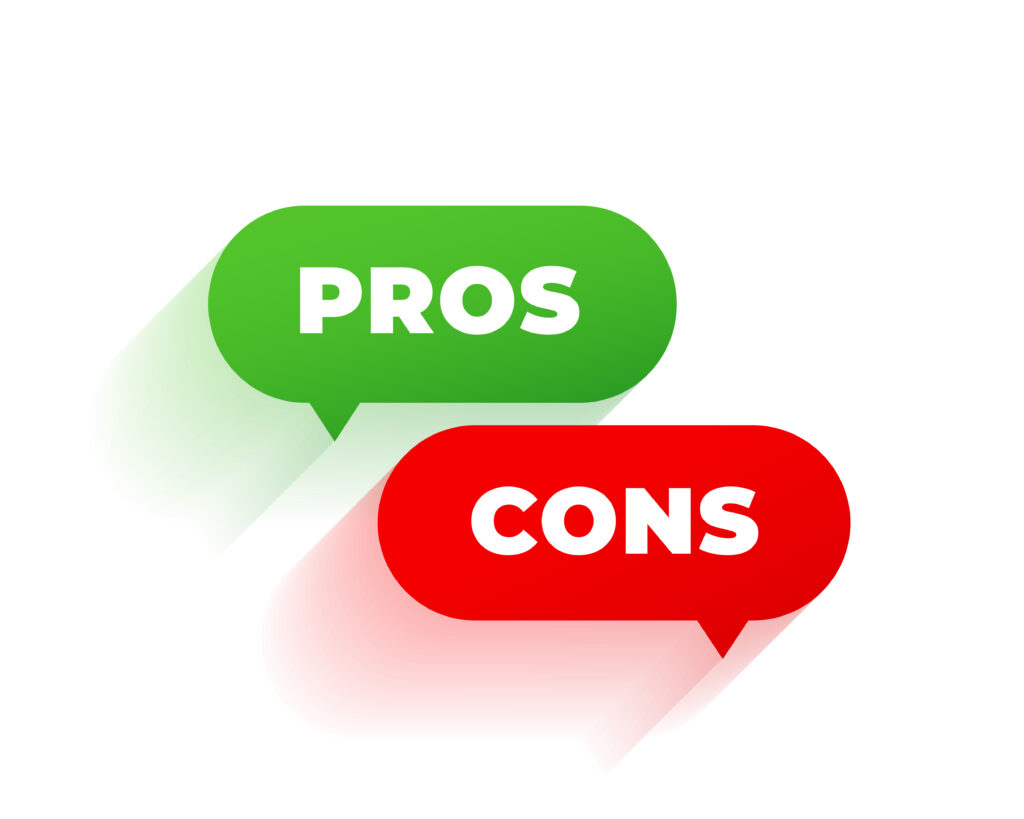
When charting your career path, one of the most pivotal decisions you’ll make is whether to pursue a traditional job or start your own business. Both paths come with unique benefits, challenges, and opportunities. Understanding the nuances between the two is essential for making an informed decision that aligns with your personal and professional aspirations.
This blog explores the key differences between owning a business and working a job, including their pros and cons, the skills required for success, and how you can decide which path best suits your goals. Whether you’re an aspiring entrepreneur, a seasoned professional considering change, or a fresh graduate entering the workforce, read on to gain clarity.
Defining Business and Job
Before comparing the two, let’s define what signifies a business and a job.
What is a Business?
A business is an enterprise established to provide goods or services with the intention of making a profit. Entrepreneurs and business owners typically manage all aspects of the organization, from operations and finances to marketing and leadership. Business ownership often comes with greater freedom but also higher levels of responsibility and risk.
What is a Job?
A job is any paid role in which an individual works for an employer. Whether as an employee in a corporate office or as a contractor in a freelance setup, a job offers stability and predictable income. Responsibilities in a job are usually centered around assigned tasks, with limited exposure to the higher-level decisions an organization may face.
Now that we’ve defined the basics, let’s take a closer look at the pros and cons of each path.
Here’s a quick comparison to sum it up:
| Aspect | Job | Business |
|---|---|---|
| Earnings | Predictable | Potentially unlimited |
| Risk | Low | High |
| Flexibility | Moderate | High |
| Investment | Minimal | Significant |
| Workload | Steady | Fluctuating, often higher |
Pros and Cons of Owning a Business
Owning a business is often portrayed as the ultimate dream of independence and wealth creation. While this can be true, entrepreneurship is far from a guaranteed success story. Here are the key advantages and disadvantages:
Pros of Owning a Business
- Flexibility and Autonomy
Business owners have the freedom to call the shots, control their schedules, and align their work with their passions. This flexibility can result in a more fulfilling work-life balance—when managed effectively.
- Unlimited Growth Potential
The ability to scale and grow a business offers financial rewards that exceed the earning limits of most traditional jobs. Entrepreneurs often experience the satisfaction of building something meaningful from scratch.
- Creative Control
Turning your ideas into reality is a powerful motivator for many entrepreneurs. Owning a business allows you to innovate and make decisions without answering to others.
Cons of Owning a Business
- Risk and Uncertainty
Unlike jobs, businesses face inherent risks, including fluctuating market conditions, fierce competition, and financial instability.
- Long Hours and Stress
Business ownership often demands long hours, particularly in the early stages. You may need to wear multiple hats—marketing, accounting, HR—which can be exhausting.
- Financial Responsibility
Starting and running a business often requires upfront capital and ongoing reinvestments. Business owners must also shoulder payroll, taxes, and other financial duties.
Pros and Cons of Working a Job

For many people, working a secure job remains the preferred option due to its predictability and structure. However, like any path, it is not without its challenges.
Pros of Working a Job
- Stability and Benefits
One of the most significant advantages of jobs is stability. A fixed monthly paycheck, employer-sponsored benefits such as health insurance and retirement plans, and statutory protections provide peace of mind.
- Defined Responsibilities
Jobs come with clearly assigned roles and responsibilities, minimizing the chaos of multitasking and enabling you to focus on honing specific skills.
- Career Growth Opportunities
Companies often provide structured career paths, training, and mentorship, giving employees room for professional growth and promotions without taking on the financial risks of business ownership.
Cons of Working a Job
- Limited Income Potential
Salaried roles come with earning caps. Salary growth is typically tied to company policies, annual reviews, and market conditions, leaving limited room for accelerated financial gains.
- Restricted Freedom
Employees are bound by workplace policies and work schedules. You might lack the flexibility to innovate, make decisions, or explore opportunities beyond your defined role.
- Job Security is Not Absolute
Economic downturns, layoffs, and restructuring can all impact job stability, even if you initially perceive employment as secure.
Skills and Mindset Required for Business Ownership
If the idea of running your business excites you, it’s essential to understand the unique set of skills and mindset that entrepreneurship demands. Here are some attributes that contribute to success:
- Adaptability and Innovation
Entrepreneurs must be constantly willing to experiment and pivot when circumstances change. Innovation is often the driving force behind business breakthroughs.
- Financial Management and Risk Assessment
Understanding cash flow, budgets, profit margins, and the balancing act between investment and savings is crucial for long-term sustainability in business.
- Leadership and Decision-Making
Business owners often lead teams, managing diverse personalities while maintaining focus on company goals. Decisiveness and the ability to strategize are critical.
Making the Decision: Business vs Job

Which option should you choose—business or traditional employment? The answer depends on your personality, goals, and current life situation. Here are factors to consider:
- Assess Your Career Goals
If your primary aim is financial security and skill development, a stable job might be ideal. If you’re passionate about creating something on your terms, entrepreneurship could be the right path.
- Evaluate Your Risk Tolerance
Jobs generally offer lower financial risks, while businesses demand a willingness to face uncertainty. Consider your comfort zone and financial safety net.
- Understand Market Needs
Research industry trends and future opportunities. Market demand can sometimes highlight whether a business—or a corporate career—is better suited to your field of interest.
Success Stories and Case Studies
Case Study 1
- Who: Sarah, Founder of Bloom Marketing
- Path: Business
- Results: Sarah leveraged her innovative ideas to create a flourishing digital marketing firm. Her story emphasizes the power of persistence and a willingness to learn from setbacks.
Case Study 2
- Who: James, Software Engineer at TechCorp
- Path: Job
- Results: James climbed the corporate ladder, earned promotions, and developed technical expertise over a decade. His steady progress underscores how structured employment can also lead to professional fulfillment.
Which Path is Right for You?
Choosing between a job and a business doesn’t need to be a daunting decision. Instead, focus on understanding the pros and cons of each, evaluating your goals and circumstances, and identifying where your passion lies.
Remember that neither option is inherently better than the other—they simply cater to different needs and lifestyles. The right choice is the one that matches your aspirations, skills, and risk tolerance.
Whether you dream of launching a business or thriving in a professional role, success is achievable with dedication and clarity. Take the first step today by researching your industry, building your skills, and setting clear objectives.
ALSO READ:



Whats up are using WordPress for your blog platform? I’m new to the blog world but I’m trying to get started and set up my own. Do you require any coding expertise to make your own blog? Any help would be greatly appreciated!